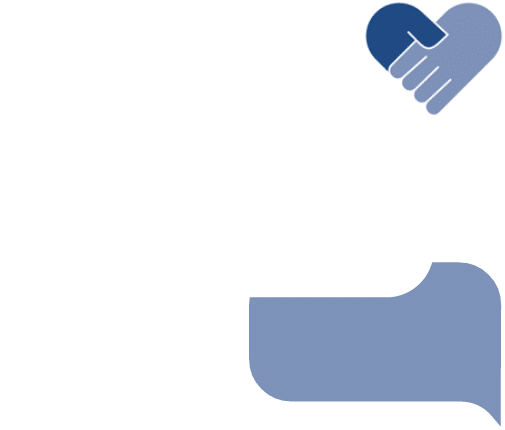Addiction and Mental Health Intervention Services in West Virginia
Our S.A.F.E.® (Self Awareness Family Education™) Addiction and Mental Health Intervention Services in West Virginia Help Families with their loved ones who do not want help and are not hitting their bottom
Wanting help and having to seek help are two completely different scenarios. Many families in West Virginia and elsewhere spend more time waiting for their loved one to ask for help or want help rather than looking at why they don’t seek help. People do not seek help mainly because they do not believe they need it. For someone to move out of the second stage of change, the contemplation stage, the intended patient must see a greater need for addressing the problem than not addressing it. For someone to see this, they must feel the consequences of their current situation. Many families are unaware that they can significantly impact this decision by making changes on their end. Families often contribute to the comfort of the current situation rather than take practical steps to make it more difficult for their loved ones. Enabling is the leading cause of comfort, and so is not addressing the problem effectively; in other words, helping is a large contributor and not the only contributing factor. For families reading this who believe they do not enable or contribute to the comfort, there is almost always somewhere, or somehow, family members may be preventing their loved one from seeing the need to do something different. Please remember that no family member does this intentionally or with malice, although there is always a subconscious motive to feed the beast of the acquired maladaptive family role. Even if you do not believe this and think we are wrong, families must change even if their loved ones don’t want to.
Family First Intervention services have helped many families in West Virginia with loved ones experiencing addiction and mental health disorder concerns. Wherever your family and loved ones are, the principles are the same: change does not happen without feeling consequences. Your family can continue believing your loved one will jump from their chair and say I am ready. You can wait for the next crisis, thinking it would be what they need to learn their lesson. You can also continue living the nightmare with them if you choose. Since we know that is not what you desire, we can help you help yourselves, which will help your loved one see the need for help to address their addiction and mental health problems. Our S.A.F.E.® Intervention Services in West Virginia and elsewhere give families their lives back if they desire that. In the process, we educate families on how to help their loved ones see the need for help. Families no longer have to live this way, believing they must wait for someone else to make the first move. The approach of waiting for your loved one to ask for help or want help is a learned behavior over time by way of manipulation from your loved one. Families must see their role in the family system that contributes to your loved one not asking for help, wanting help, or hitting bottom. When we can change the environment, which is one of the two top predictors of outcomes, we can offer your loved one with addiction and mental health disorder struggles the opportunity to see things differently and do something about the problem.
Meet Our Experienced Intervention Counselors
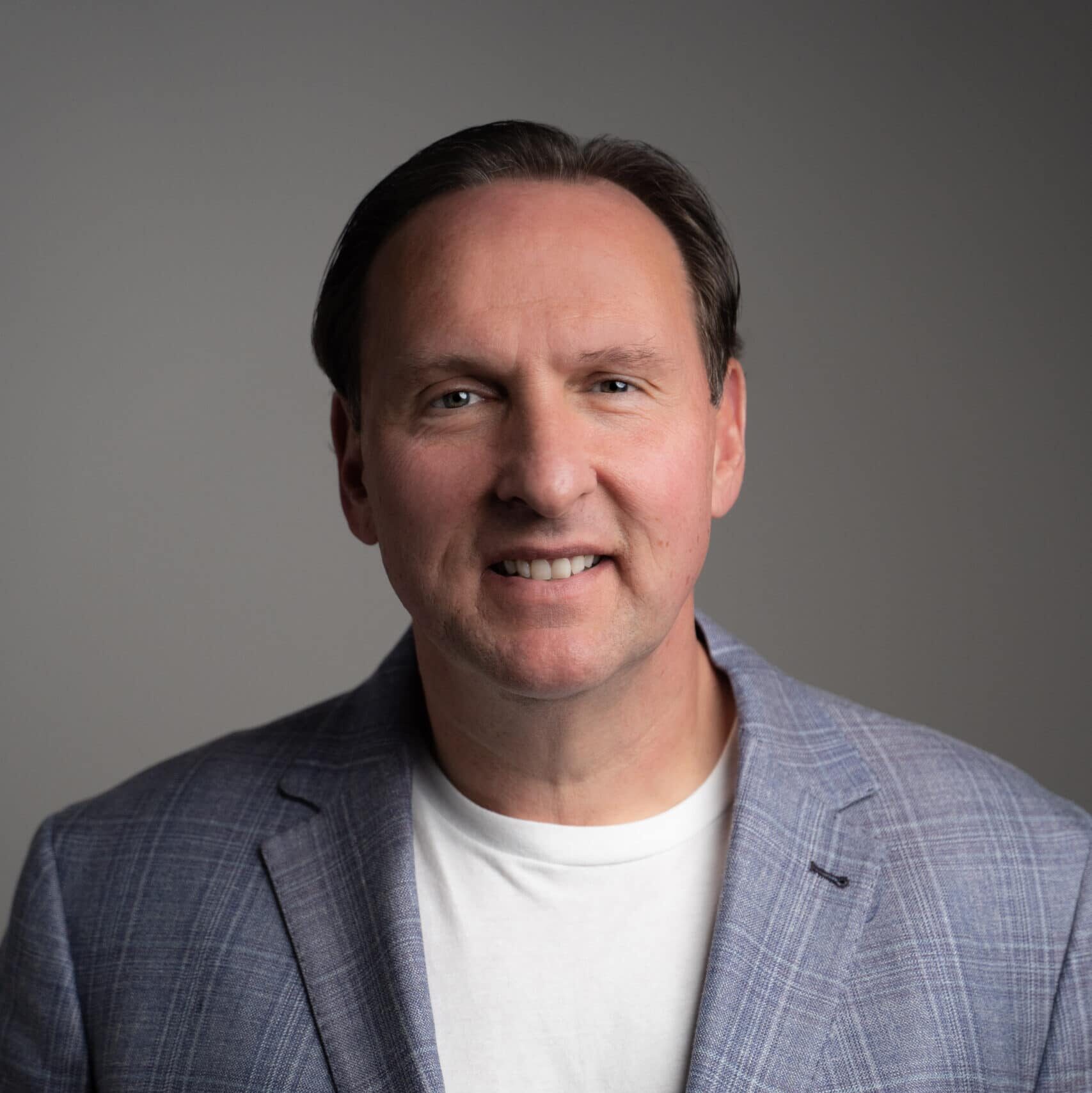
Mike Loverde, MHS, CIP
Clinical Director & Founder, Family First Intervention



Lisa Loverde, CADC
CFO & Compliance Officer
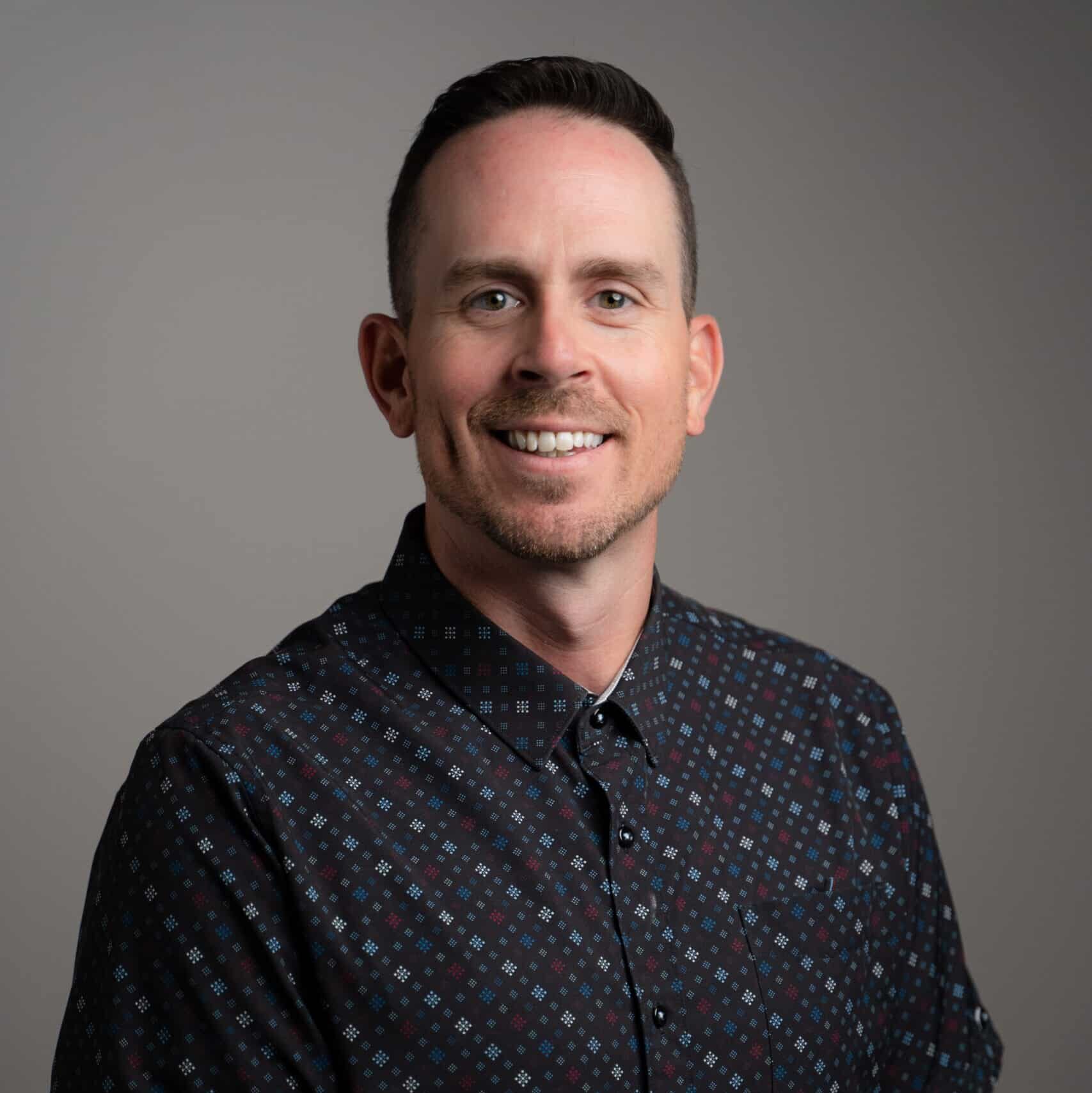


Adam Faulkner
CEO
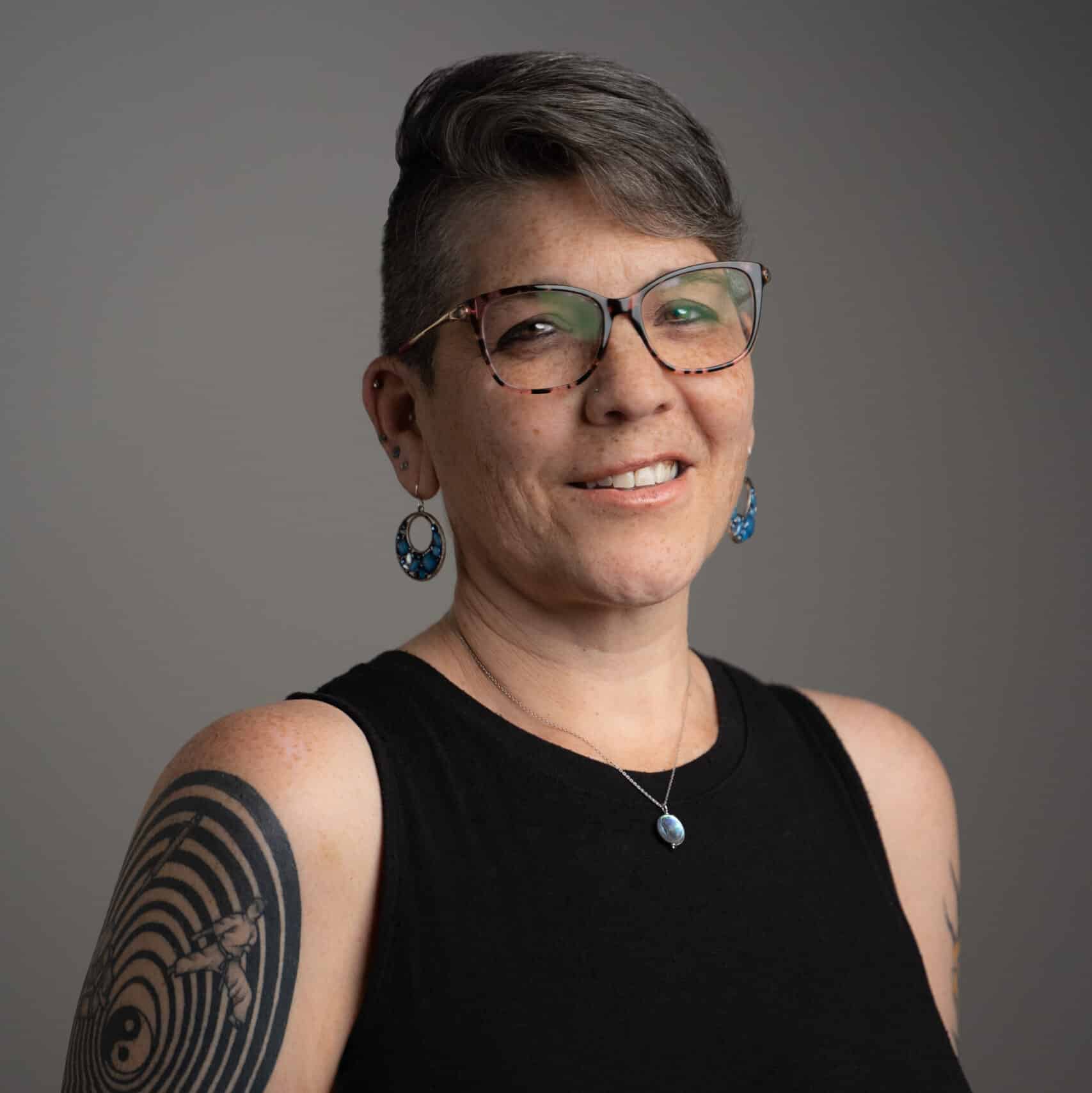


Regina Greene, MS, NLP, Psy.D. (Doctoral Candidate)
Director of S.A.F.E.® Family Recovery
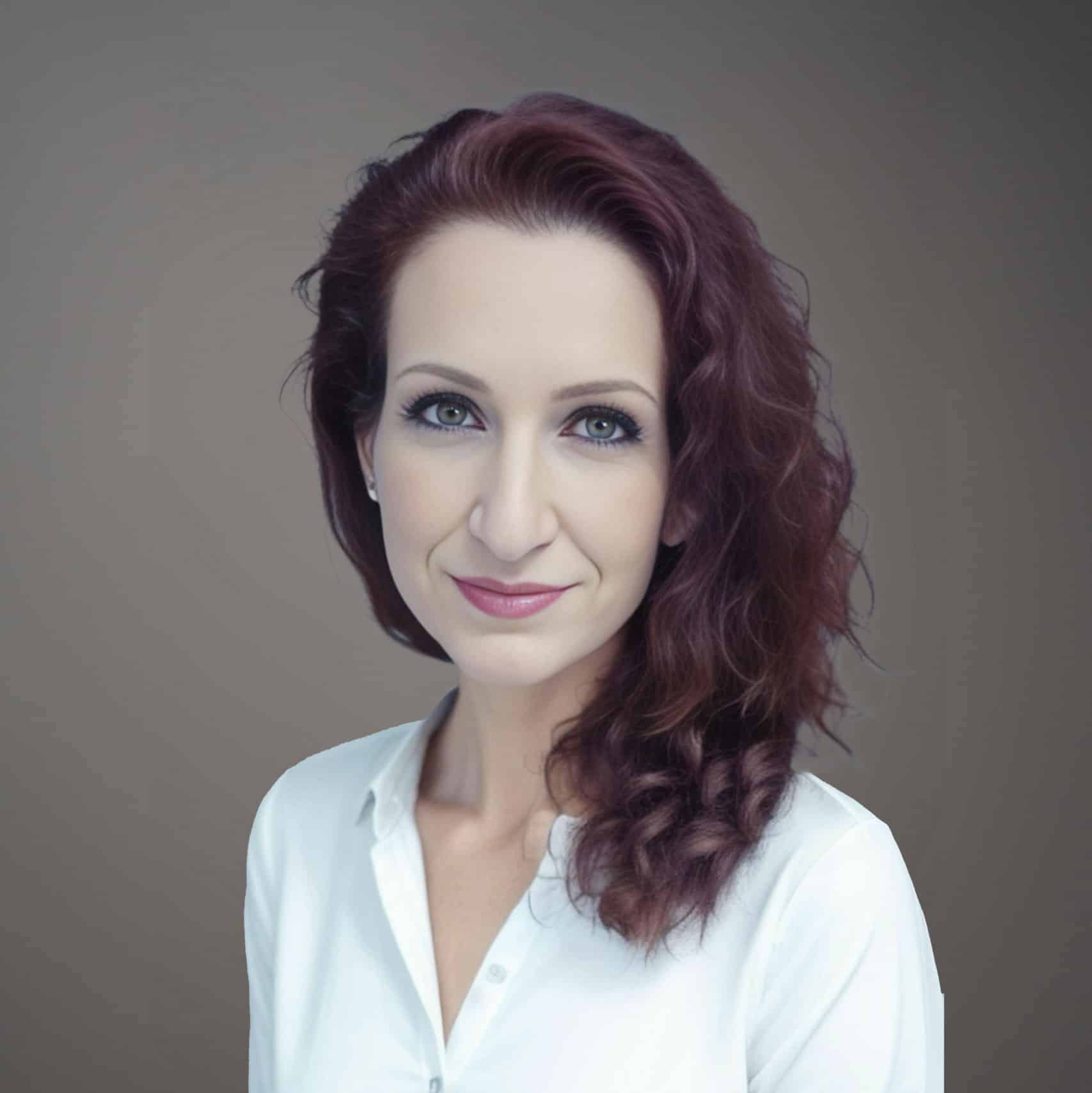


Lydia Negron, MT-BC
S.A.F.E.® Family Recovery & Post Intervention Support
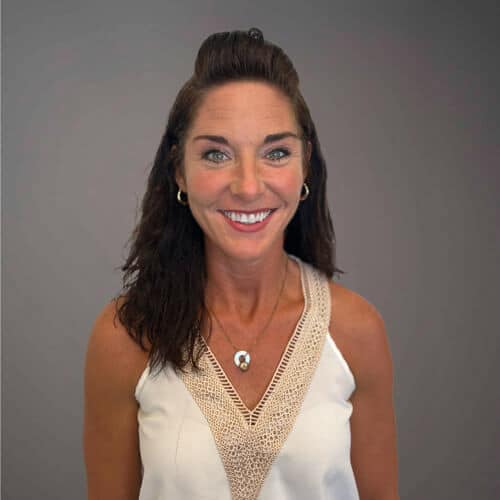


Meghan Gaydos, MA
S.A.F.E.® Family Recovery & Post Intervention Support
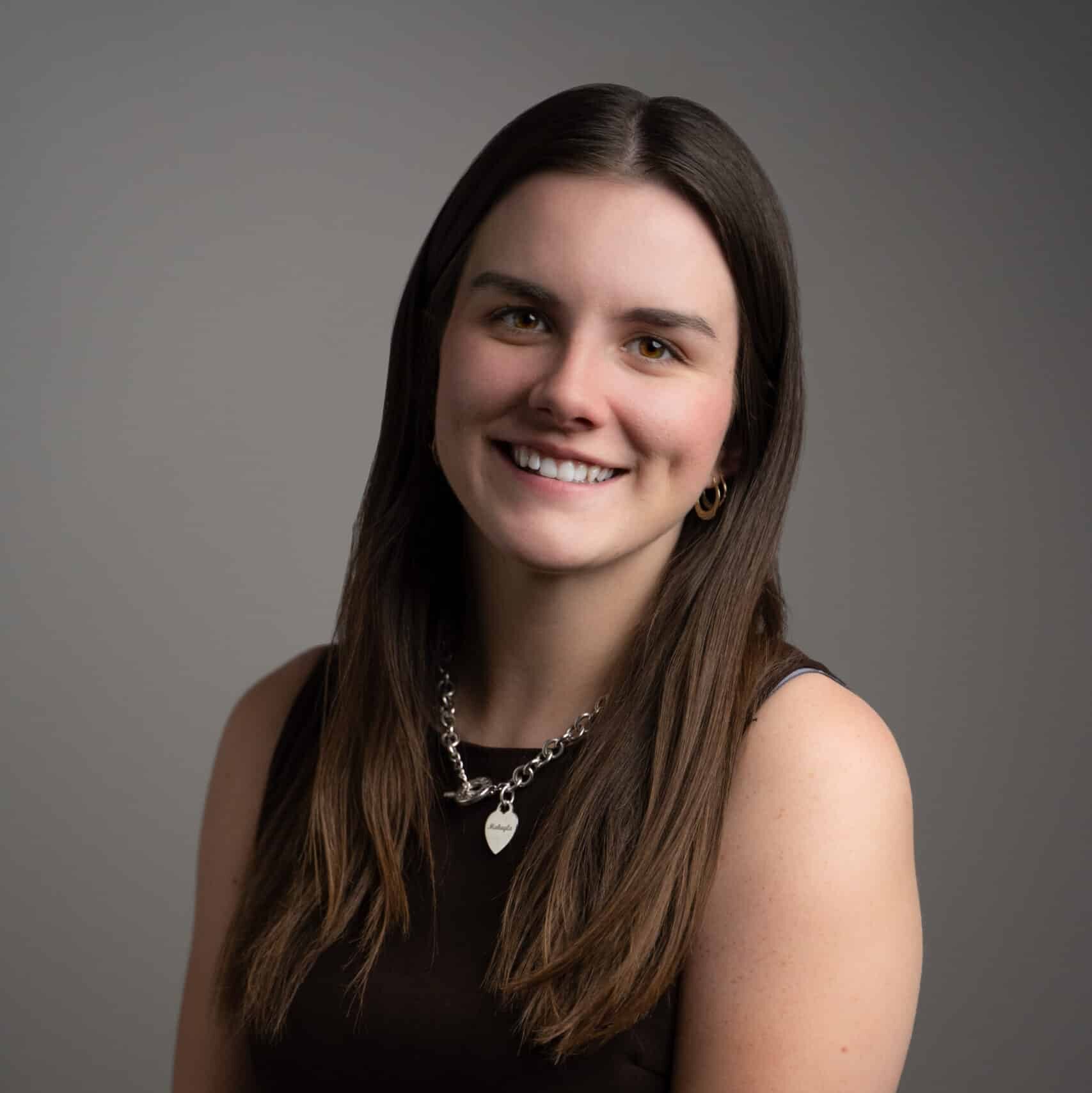


Makayla Zubal
Administrative Assistant
An intervention is not about how to control your loved one with a substance use or mental health disorder; it is about learning how to let go of believing you can.
How our S.A.F.E.® Addiction and Mental Health Intervention Services in West Virginia and Elsewhere Work
Our S.A.F.E.® Intervention Services in West Virginia focus on the family before we focus on your loved one. Why do we do that? People with mental health disorders and addiction problems often make their families the target of their anger and resentment. Families are no strangers to being blamed for all their loved ones’ issues. Usually feeling guilty, families start to take on unhealthy family roles to enable and comfort their loved ones and avoid confrontation. The described scenario does not always occur, but most of the time, it does. When we can help a family address what they are doing that worsens the problem, we can transfer ownership of the issue back to the loved one. When we can identify things the family is doing that are effective, we can help them do more of that. The point is that families must change to see improvement from their loved ones. Sure, there are those few who miraculously get better, even when the family does not, and those patients do not need intervention. Before you get excited with that last statement, believing you can wait a little longer for a miracle, by the time your family is researching addiction and mental health intervention services, your loved one is past stopping without an intervention.
In our S.A.F.E.® Intervention Services program, families can enter their recovery even if their loved one does not. Our services provide families closure by knowing they did all they could to stop the problem and allow their loved ones to take back full ownership of their behaviors and issues in life. Above, we referenced enabling was one of the main problems, and this is true. We also mentioned that enabling was not always why the problem continued. Whether there is enabling or not, allowing your loved one to believe their problem is because of you feeds the narrative. Sometimes, families must stand up and draw a line in the sand with boundaries. Once the loved one with addiction or mental health problems is no longer able to get a rise out of their family and the family no longer allows themselves to be victimized by their loved one, things start to shift towards ownership and accountability for the problems your loved one faces. Enabling or not, this is one of the most essential parts families do not understand. Families who step out of the way to allow their loved one to feel their consequences all by themselves will see their loved ones ask for help or want help much quicker.
What Families in West Virginia should consider when choosing an interventionist
Families in West Virginia are aware of their limited resources for intervention and access to quality care for addiction and mental health. One of the many reasons we frequent West Virginia to deliver our intervention services is that no interventionists other than us offer a full curriculum of care for the family. Some will find interventionists through treatment referrals, which end up being a solo person who comes as a spokesperson for the treatment center. What families in West Virginia and elsewhere should be looking for in an interventionist is a professional interventionist who strongly emphasizes helping families. Addiction and mental health disorder interventions are not speeches given to someone who needs help to inspire them to enter treatment. Interventions are clinical instruments and tools trained professionals use to address a problem or behavior and improve the condition with a set goal. Addiction and mental health interventions are not what you see on television. Some interventions you see on television or in movies have people getting together and trying to convince someone to accept help. Intervention services that address families, addiction, and mental health require skill and experience, not a speech with some enabling 101 literature.
Your family has been through enough and needs help, too. Only focusing on your loved one and not your family is why you are still seeking more help. When a family only focuses on their loved one’s problems and the solution for them, they forget about themselves. Going about things this way is codependency, even when you are focusing on the solution for them; the goal is for them to see the need to go after the solution, not you doing it for them. You do not focus on helping them obtain alcohol or drugs or stop taking their mental health medication, so why are you focusing on their solution to help them get off alcohol or drugs and become med-compliant?
Before anyone misreads this, a treatment plan and solution for them is part of the intervention services process, and it comes from the professionals, not your loved one or your family. We are pointing out that what you are looking for in an interventionist or treatment center in West Virginia or elsewhere may not be what you think you need. Families often look for solutions just like their loved one who needs help does. The paths usually chosen for both are shortcuts, the path of least resistance, as much comfort as possible, and with the least amount of confrontation. There are no easy solutions or shortcuts in the treatment of addiction or mental health. Please do not let an interventionist or anyone else tell you there is.
“The most formidable challenge we professionals face is families not accepting our suggested solutions. Rather, they only hear us challenging theirs. Interventions are as much about families letting go of old ideas as they are about being open to new ones. Before a family can do something about the problem, they must stop allowing the problem to persist. These same thoughts and principles apply to your loved one in need of help.”
Mike Loverde, MHS, CIP


